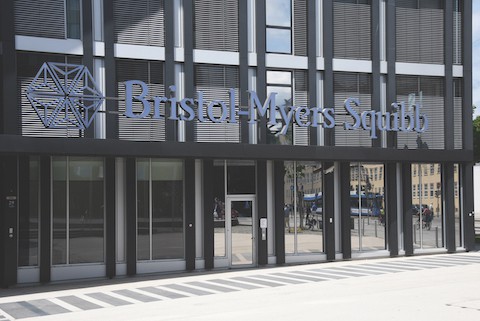
Bristol Myers Squibb (BMS) has shared promising long-term data from an open-label extension study evaluating Zeposia (ozanimod) in patients with relapsing forms of multiple sclerosis (RMS).
Approximately 2.9 million people worldwide are affected by MS, a disabling and unpredictable neurological disease that disrupts communication between the brain and other parts of the body.
Relapsing forms of MS account for the majority of MS cases and are characterised by episodes of new or worsening signs or symptoms followed by periods of recovery.
Results from the phase 3 DAYBREAK open-label extension trial, presented at this year’s Americas Committee for Treatment and Research in Multiple Sclerosis Forum, have demonstrated sustained efficacy of BMS’ Zeposia in RMS, with an annualised relapse rate of 0.098 and 67% of patients being relapse-free at six years.
Safety was consistent with prior findings and the established safety profile of Zeposia, the company said.
Additionally, a separate analysis of the study showed that almost 97% of the followed patients were relapse-free at 90 days post-Zeposia discontinuation and those who did relapse showed no evidence of a rebound effect.
“This DAYBREAK data continues to validate the role of Zeposia in the long-term management of relapsing forms of MS, with two-thirds of patients relapse-free at six years of treatment,” said Bruce Cree, study investigator and professor of clinical neurology at the UCSF Weill Institute for Neurosciences and clinical research director at the UCSF MS Center.
Zeposia, which is already approved in major markets for RMS and ulcerative colitis, is thought to work by retaining certain white blood cells in the lymph nodes, thereby preventing those cells from crossing the blood-brain barrier into the central nervous system.
Jonathan Sadeh, senior vice president and head of global programme leaders, immunology, cardiovascular and neuroscience development at BMS, said: “Currently, no cure exists for MS, but effective strategies and treatments can help slow disease progression and alleviate symptoms.
“This DAYBREAK efficacy, safety and rebound data underscores a consistent and sustained safety and efficacy profile and adds to the body of evidence supporting Zeposia’s role in the treatment armamentarium.”




